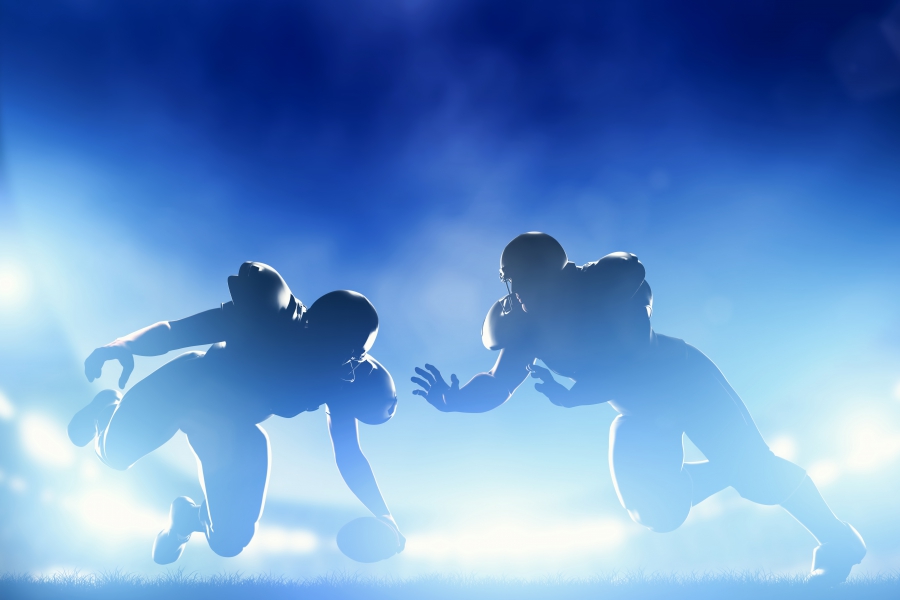Who We Treat
Who We Treat
We treat people with these challenges, and others.See all challenges.
What To Expect
What to Expect
Understand the basics.
Call TODAY
CALL TODAY
Contact Us
[uxi_video id="EwKlBo4O0Ds" size="560" type="youtube" ratio="16by9" center="true" relate="false"]
At the age of 37, former tight end for the Denver Broncos Jeb Putzier fights a daily battle with the pain, memory loss, mood instability, and other exhausting symptoms associated with his concussion syndrome diagnosis. While other fathers his age thoughtlessly carry their youngsters around on their shoulders, Putzier knows the frustration of being in too much pain to even lift his children. After eight years as a professional tight end, he must now navigate the still developing realm of physical and neurological recovery. Luckily, Putzier and other former players don’t have to go on this journey alone. NeuraPerformance Brain Center, among many other Colorado specialists, including our partners, are standing firmly in their corner with the tools and resources needed to help them re-engage with life.
At this point, it’s no secret that the game of football can have long-term effects on a player’s body and brain. Putzier, for example, has experienced a myriad of symptoms after being hit an estimated 1,000 times in his career, including pain, headaches, sensitivity to light and sound, dizziness, mood instability, and memory loss. Other common symptoms include an inability to focus or pay attention, depression, nausea, fatigue, vision issues, and other physical and cognitive symptoms.
As concussion research is still fairly new, there is much to learn on the subject. What we do know is that the brain floats in the skull within cerebrospinal fluid, sheathed by protective membranes. When a player is hit, the impact can push the brain with enough force that it hits the other side of the skull. This injury causes the stretching of neuron axons (the part of the neuron responsible for conducting messages), which can cause debilitating interference in the communication between cells as well as chemical imbalances and slowed blood flow to the brain, hindering recovery.
 Depending on the individual, traumatic brain injury treatment can be as varied as can the effects of a concussion. Just as no two people are alike, no two concussions affect the individuals in the same way. For Putzier, treatment at NeuraPerformance has consisted of neurofeedback. NeuraPerformance neurofeedback specialist Rachel Ragsdale uses this method to map the activity within Putzier’s brain, identifying areas that are either underactive or overactive. Putzier then uses this information to self-regulate his brain activity. We’ve seen neurofeedback’s success in helping our patients gain control, and Putzier hopes to find relief from his headaches, unstable mood, and more from his sessions with Ragsdale.
Depending on the individual, traumatic brain injury treatment can be as varied as can the effects of a concussion. Just as no two people are alike, no two concussions affect the individuals in the same way. For Putzier, treatment at NeuraPerformance has consisted of neurofeedback. NeuraPerformance neurofeedback specialist Rachel Ragsdale uses this method to map the activity within Putzier’s brain, identifying areas that are either underactive or overactive. Putzier then uses this information to self-regulate his brain activity. We’ve seen neurofeedback’s success in helping our patients gain control, and Putzier hopes to find relief from his headaches, unstable mood, and more from his sessions with Ragsdale.
NeuraPerformance is no stranger to former NFL players. Putzier and others have come to us seeking relief from their concussion symptoms through our varied treatment options, and we take pride in doing everything we can to help these men re-engage with their lives. Learn more about Putzier’s neurofeedback sessions and other treatments in Colorado by reading this Denver Post article by Nicki Jhavala, and don’t hesitate to contact us if you’d like to discuss your TBI treatment options.
Plasticity Centers ©